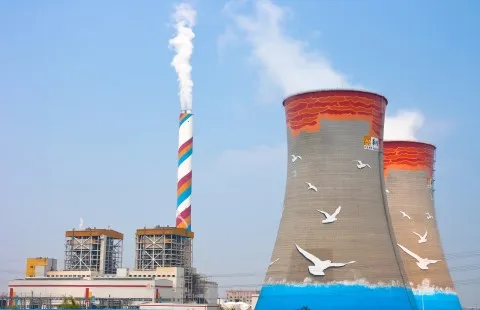
Will Japan ever stop its love affair with coal financing?
The country provided $22b for coal projects overseas.
As governments worldwide are being urged to generate clean energy, Japan, which will host the 2016 G7 meeting, continues to be the worst offender when it comes to public financing for international coal projects.
According to Jake Schmidt, director of the International Program of the National Resources Defence Council, the country provided $22 billion for these from 2007 to 2015.
In total, Japan is considering subsidising coal power plants overseas with a total capacity of over 29 GW, which would contribute 1.2 billion tons of carbon dioxide to the atmosphere over the lifetime of the plant.
The three largest projects under consideration by Japanese lenders are all backed by the Japan Bank for International Cooperation (JBIC): Batang Power Plant in Indonesia (2,000 MW), Tanjung Jati B Expansion in Indonesia (2,000 MW), and Toyo-Thai Power Plant in Myanmar (1,280 MW).
"The new OECD agreement will cover financing from Japan’s export-credit agencies so it will be critical to see if Japan finally turns the corner on its overseas coal financing and avoids moving these projects from 'pending' to 'finalised,'" says Schmidt.
Meanwhile, energy economist, Han Phoumin of the Economic Research Institute for ASEAN and East Asia says ASEAN coal demand is projected to triple from 2011 to 2035, growing on average at 4.7%per year.
"The strong increase in demand for coal throughout ASEAN, particularly to generate electricity, is driven by its relative abundance and low price compared with alternative fuels and technologies," he says.
"Coal consumption in ASEAN is projected to overtake natural gas after 2020 to become the second-largest component of ASEAN’s energy mix, with its share reaching 27% in 2035," he continues.
The Japan Bank for International Cooperation refused to comment for this story.

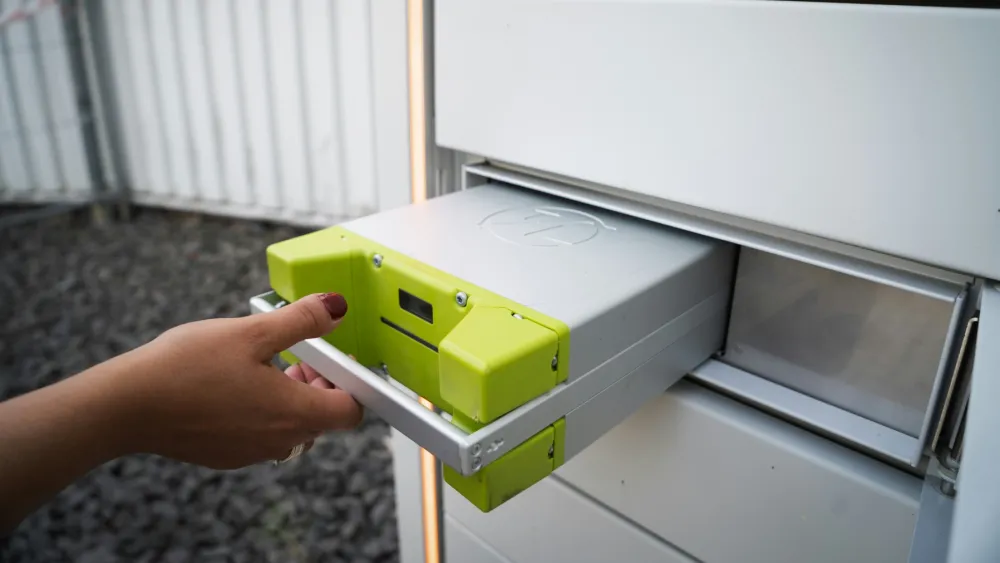
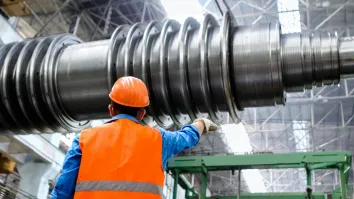
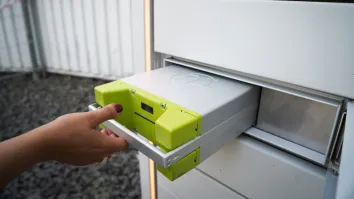
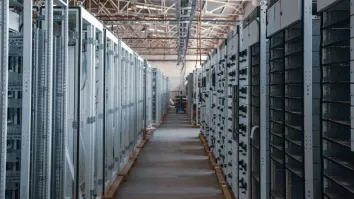
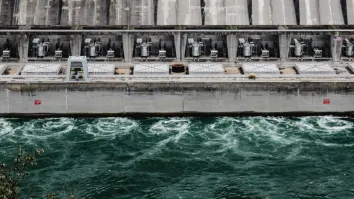













 Advertise
Advertise







